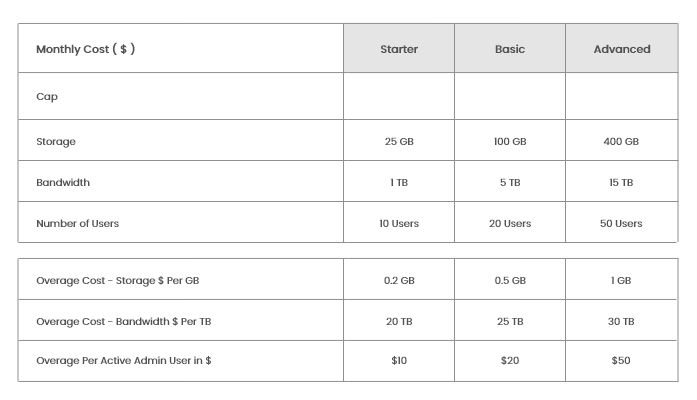



Answer Engine Optimization (AEO) Is the Future of SEO
As technology has improved and user behavior has altered, a new sort of optimization has emerged...
Search engine optimization (SEO) has long been an important component of digital marketing tactics. Yet, as technology has improved and user behavior has altered, a new sort of optimization has emerged: Answer Engine Optimization (AEO).
For those who are new with AEO, it entails optimizing content for search queries framed as questions in order to appear as the featured snippet or response box in search engine results pages (SERPs). Because consumers are more likely to ask queries while utilizing virtual assistants and voice search, this form of optimization is becoming increasingly crucial.
Keyword research, content development, link building, technical optimization, analytics, and other services are all part of the SEO sector. Factors such as an increase in online data, adoption of high-speed internet, and desire for tailored user experience are driving the expansion of SEO.
SEO has gotten more difficult as search engine algorithms have become more complex.
This is where the AEO comes into play. Businesses may give direct answers to queries that visitors are likely to ask by optimizing content for such topics and increasing their exposure in SERPs. According to an Ahrefs analysis, highlighted snippets earn 8.6% of clicks when they appear at the top of the page.
While AEO is gaining popularity, it is not without its problems. For one thing, there's no assurance of appearing in the response box-Google's algorithm is always changing, and what works today could not work tomorrow. Also, being in the response box may reduce page clicks since consumers may obtain the information they need without visiting the site itself.
So, what does the rise of AEO signify for SEO's future? The two are likely to become increasingly entwined, with firms needing to focus on both sorts of optimization to thrive in organic search. Rather than seeing AEO as a replacement for SEO, consider it a complementing technique.
Chatbots and virtual assistants are also playing an increasing role in AEO. Chatbots, which provide consumers with fast replies to their concerns, are becoming more widespread on commercial websites. Furthermore, virtual assistants such as Siri and Alexa are growing more smart, allowing users to ask more complicated queries and receive more extensive responses.
But what about the rest of the search engines? While Google is by far the most dominating participant in the search engine, there are several other firms to consider. Bing is one of these, and it has been working hard in recent years to enhance its search algorithm and user experience.
Businesses must alter their content optimization methods to incorporate AEO, which focuses on giving direct responses to user inquiries, with the development of AI-powered language models like ChatGPT. This necessitates an investment in high-quality content, the use of structured data, the use of new technology, and the monitoring of results to identify which techniques are most effective. Businesses may increase their chances of showing in AEO-related search results and succeeding in an increasingly AI-driven search market by doing so.
Finally, if you think SEO is only about putting keywords onto your page, you're in for a harsh shock. With the advent of AEO, businesses must focus on delivering clear answers to consumers' inquiries rather than simply throwing buzzwords at the wall and hoping what sticks.
While Google continues to reign supreme in the search engine industry, the emergence of AEO, chatbots, and virtual assistants means that businesses now have additional tools at their disposal to reach their target consumers.
Yet one thing is certain: businesses who can adapt to the shifting environment of search technology and remain ahead of the curve will thrive in the digital age. Thus, step up your content game, optimize for inquiries, and welcome the new era of search technology. The future appears to be as bright as a computer screen.
Hocalwire CMS handles the technical parts of keeping Large Sitemap, Indexing pages for Google, Optimizing page load times, Maintaining assets and file systems, and Warning for broken links and pages while you handle all these non-technical components of SEO for Enterprise sites. If you're searching for an enterprise-grade content management system, these are significant value adds. To learn more, Get a Free Demo of Hocalwire CMS.

